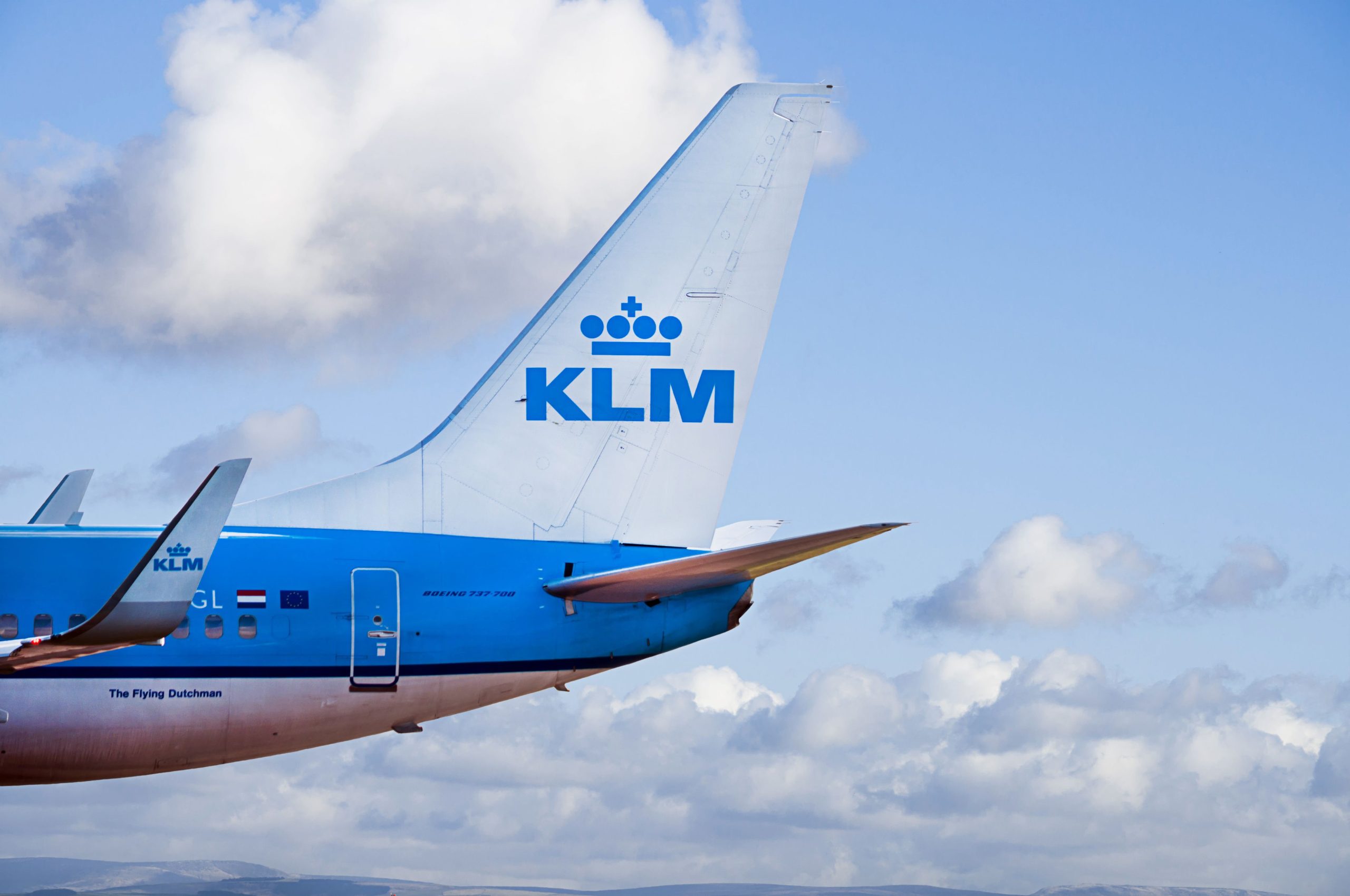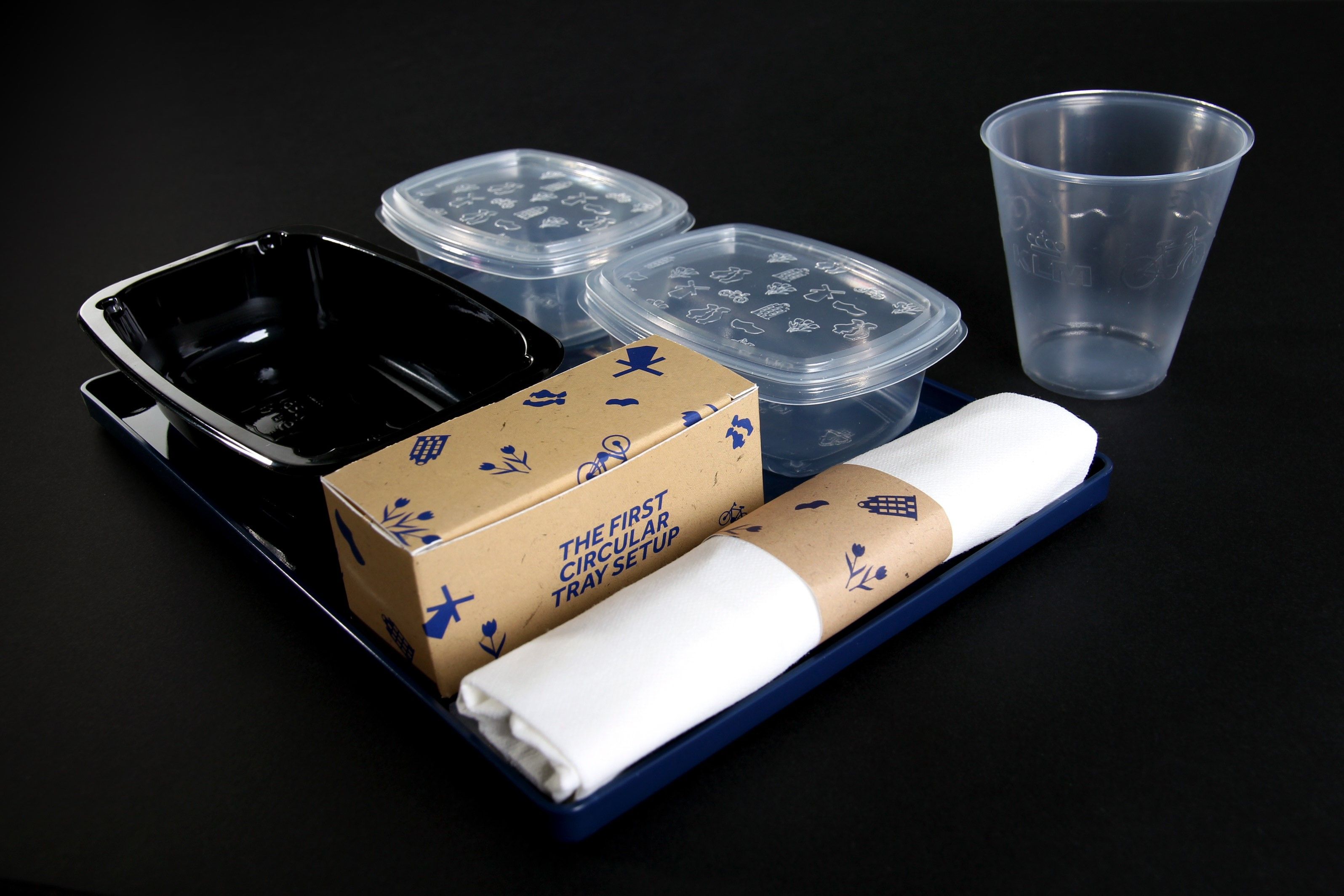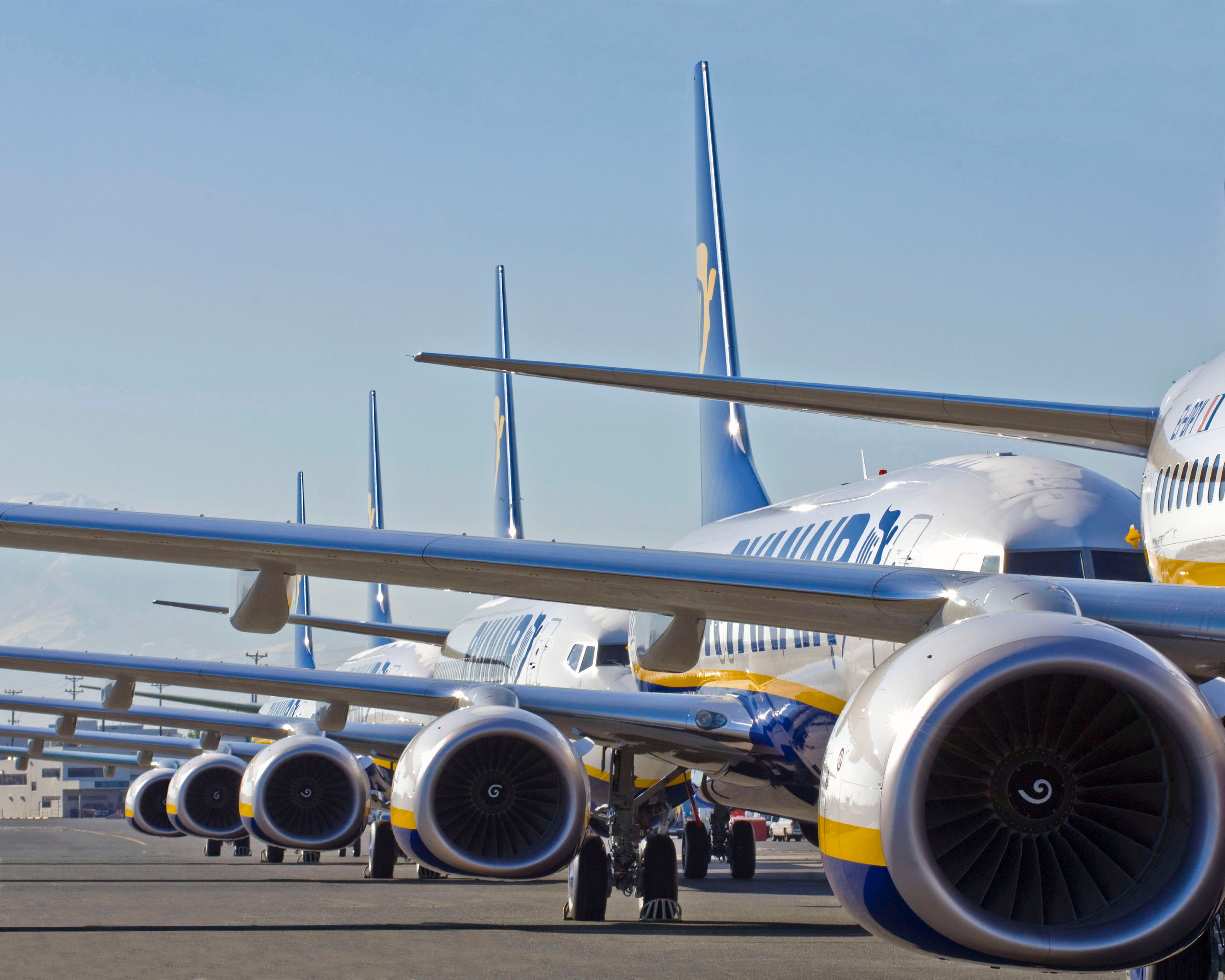Summary
- KLM is requesting the dismissal of a case accusing them of “greenwashing” and limiting their ability to publish sustainability ads.
- The case revolves around KLM’s “Fly Responsibly” campaign, which focuses on sustainable aviation fuel and carbon footprint reduction.
KLM has requested a Dutch court to dismiss a case that accuses the carrier of ‘greenwashing’ its climate impact and restraining it from publishing more sustainability ads. The suit was brought by climate group Fossil Free and the flag carrier says it is well within its right to discuss sustainability, even if flying is a polluter.
Second request
According to Reuters, the case is being watched closely, given its implications for airlines globally. The suit centers around KLM’s ‘Fly Responsibly campaign in 2019, with 19 ads highlighting its work using sustainable aviation fuel (SAF), reforestation, and onboard changes to reduce its carbon footprint.
However, international climate activist group Fossil Free has accused KLM of greenwashing its reputation, ignoring the negative impact it has on the environment due to its use of fossil fuels and emissions. The group sued the carrier to retract the original campaign and prevent similar ones in the future.
Photo: KLM
In a statement in its filing, the carrier said,
“KLM may and must be able to communicate honestly about sustainability. To achieve and maintain this, it is necessary to inform and motivate those involved.”
The Dutch carrier lost an attempt to dismiss the suit in June, where it attempted to challenge Fossil Free’s ability to represent a group of people in its claims. The courts ruled that the activist group could pursue its case, but this dismissal is now based on the evidence itself.
Case still going
Fossil Free campaign leader Hiske Arts has said the group is reviewing KLM’s request but doesn’t plan to step back. She noted that KLM continues to fail to deliver on its sustainable credentials, most recently in its opposition to Amsterdam Schiphol Airport’s plans to cut down the total number of flights in compliance with lesser noise pollution. As the legal battle plays out, it will be interesting to see if the courts place limits on KLM’s advertising, a fate suffered by Ryanair when it was called out by the UK’s ad regulator for its own CO2 claims.
In order to challenge notions that flying is bad for the environment, airlines have been publicly investing in new technologies, be it SAF, efficient jets like the A320neo, 737 MAX, or Embraer E2, or reducing the use of single-use plastics onboard. However, given their current contribution, it’s hard to overlook the chasm between the present and future promises being made.
Photo: Boeing
Schiphol in focus
While KLM fights for its right to advertise, it is struggling at its home hub of Amsterdam Schiphol (AMS). The Dutch legislature is currently considering taxing transit passengers at AMS to subsidize energy costs, a move the carrier has come out vehemently against a tax that would hit six in ten of its passengers. Indeed, CEO Marjan Rintel estimates a 30% drop in transit passengers if such a law was put in place, a huge blow to the carrier.
This comes at AMS confirmed plans to ax slots at the airport to control noise pollution, in a move that has even been criticized by IATA. Total flights would be capped at 452,500, 10% lower than 2019 levels, in addition to banning older aircraft that increase noise. All of this will be a loss for KLM, which is fighting a delicate battle to brandish its sustainability credentials and remain profitable.
Source: Reuters




.jpg)